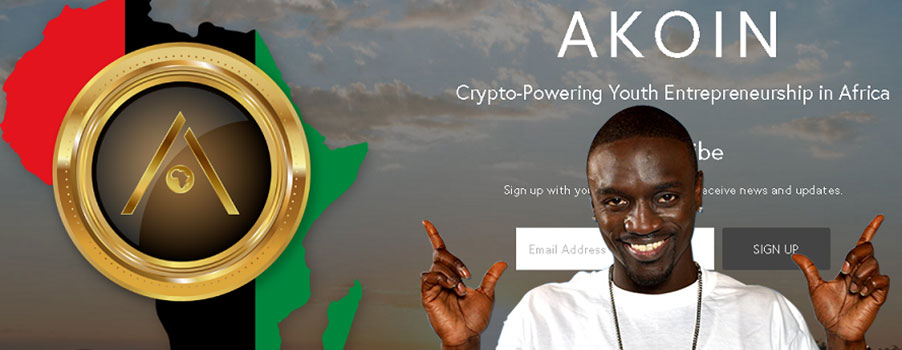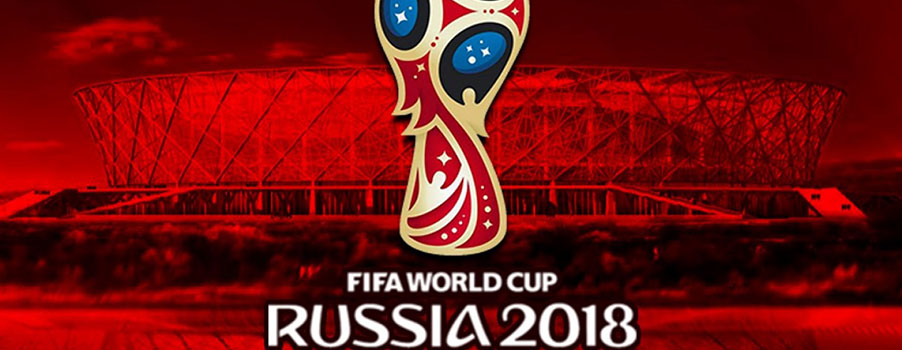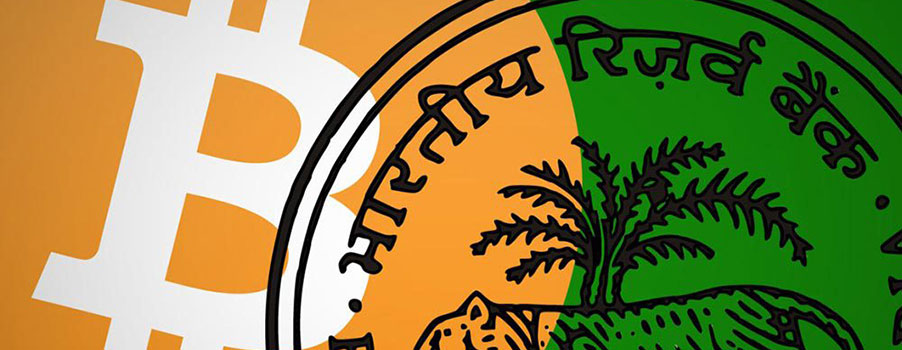Following an emotional two-day hearing, the New Jersey Casino Control Commission finally granted Ocean Resort Casino, formerly known as Revel Casino, a casino license on June 21 thus putting the new establishment’s June 28 launch back in track.
Just a little over a year ago the Revel hotel and casino was sitting empty on Atlantic city’s boardwalk, a bleak reminder of Atlantic City’s misfortunes rather than the glittering hotel and casino that many thought it would be. This was, however, only until Bruce Deifik, a Denver-based property investor decide to take control of the property towards the end of last year. By January 2018, he was already a majority owner of the property that has now been refurbished and renamed Ocean Resort Casino and is expected to go live on June 28.
Among Deifik’s intentions in regards to this venture is overcoming the history of the $2.6 billion property that was conceived over a decade ago. Revel casino was intended to offer somewhat of an antidote to the rather old-school casinos further down the boardwalk but, unfortunately, it eventually went bankrupt twice owing to a high debt loads design mishaps, and, of course, lots of competition. At the hearing, Deifik and his Ocean Resort Casino team addressed how they would handle these issues and how the business would benefit the city as a whole.
The Terms
As expected, the license came with a number of conditions – 26 to be precise – that was laid out by the state regulators at the Division of Gaming Enforcement. Among these conditions is one that addresses Ocean Resort Casino’s financial resources as well as its relationship with JPMorgan Chase, one its lenders. This was particularly meant to ensure that the refurbished property does not fall victim to the same financial struggles that plagued its predecessor leading up to the time of its closure.
According to the Press of Atlantic City, the commissioner also had a number of “very serious concerns” that were shared by the Division of Gaming Enhancement that had given several recommendations on the pressing issues. However, as stated by Commissioner Alisa Cooper, “After listening to the very extensive, and personal, testimony of the past two days, my concerns have been eased.”
Deifik’s and the chief financial officer, Alan Greenstein’s, testimonies came on the first day of the hearing – they expounded on their vision for the casino hotel, the changes they had to the property as well as the group’s finances. On the second day of the hearing, Ocean Resort’s chief executive officer, Frank Leone gave a testimony in regards to the property’s marketing strategies.
“I can assure you that we’re going to speak loudly and clearly to the core casino audience,” Leone said. “Our promise is to have an unwavering commitment to exceeding guests’ expectations.”










